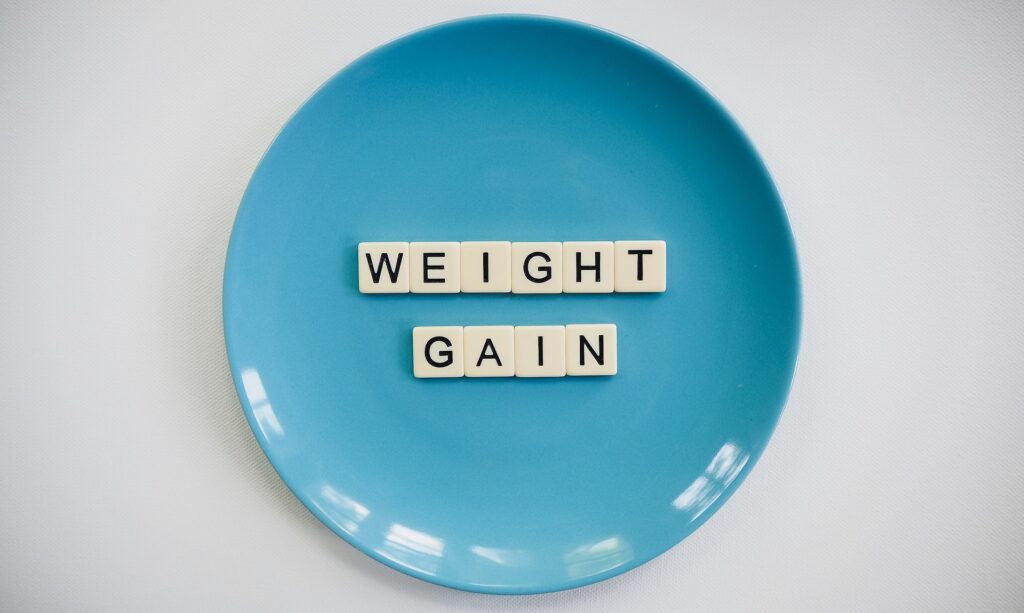
Vegetarian diets can be very healthy and are associated with a range of health benefits, including a reduced risk of heart disease, stroke, and some types of cancer. However, it is still possible for vegetarians to gain weight if they are consuming more calories than they are burning.
Consuming high-calorie vegetarian foods – Many vegetarian foods are rich in calories, such as nuts, cheese, avocado, and oils. If you are consuming these foods in large quantities, you may be consuming more calories than you need.
Relying too heavily on processed foods – Many processed vegetarian foods, such as veggie burgers and faux meats, are high in calories and often contain added sugars and unhealthy fats.
Overeating – If you are consuming more calories than you are burning, you will gain weight regardless of whether you are following a vegetarian or non-vegetarian diet.
Lack of exercise – Even if you are following a healthy vegetarian diet, lack of exercise can still lead to weight gain.
Consuming too many carbohydrates – Vegetarian diets are often high in carbohydrates, which can cause blood sugar spikes and lead to weight gain if consumed in excess.
Rice is a staple food for many cultures around the world, and it is a rich source of carbohydrates. Consuming carbohydrates in excess can lead to weight gain, but this does not necessarily mean that rice itself is responsible for weight gain.
The impact of rice on weight gain depends on several factors, including the type of rice, portion sizes, and the overall diet. For example, brown rice, which is a whole grain, is a healthier option than white rice because it is less processed and contains more fiber and nutrients. Consuming brown rice in moderate portions as part of a balanced diet is unlikely to contribute significantly to weight gain.
However, eating large portions of rice, especially white rice, which is highly processed and contains less fiber, can contribute to weight gain over time. This is because rice is high in carbohydrates and consuming too many carbohydrates can lead to excess calorie intake.
It’s important to note that a healthy and balanced diet should include a variety of nutrient-dense foods, and it’s not necessary to eliminate rice from your diet entirely. It is all about moderation and portion control. A registered dietitian can help you develop a healthy meal plan that includes the right balance of nutrients for your needs.






